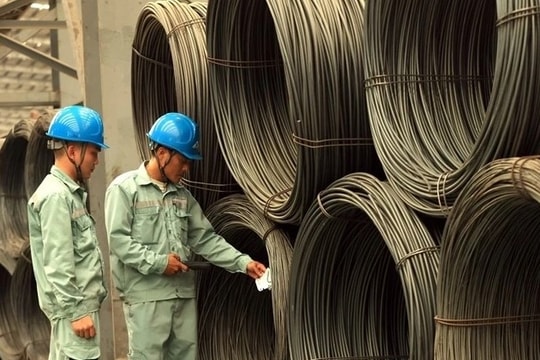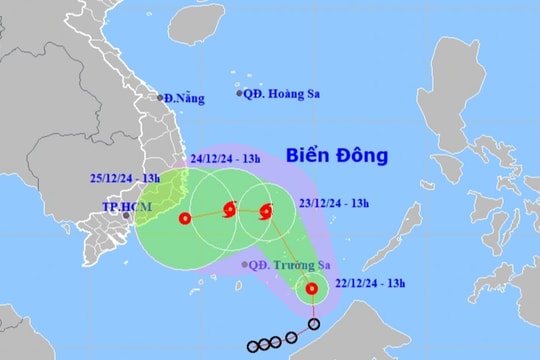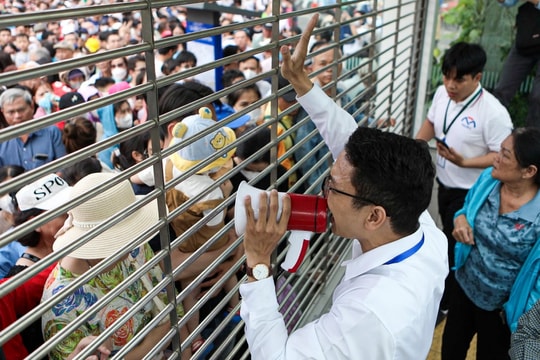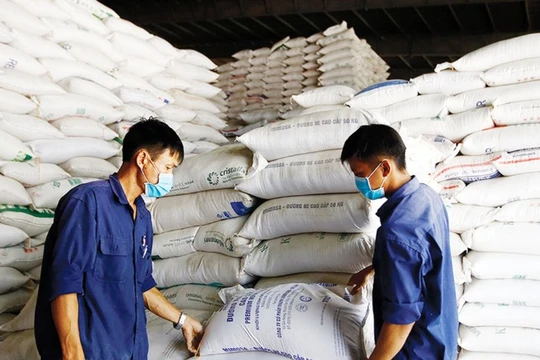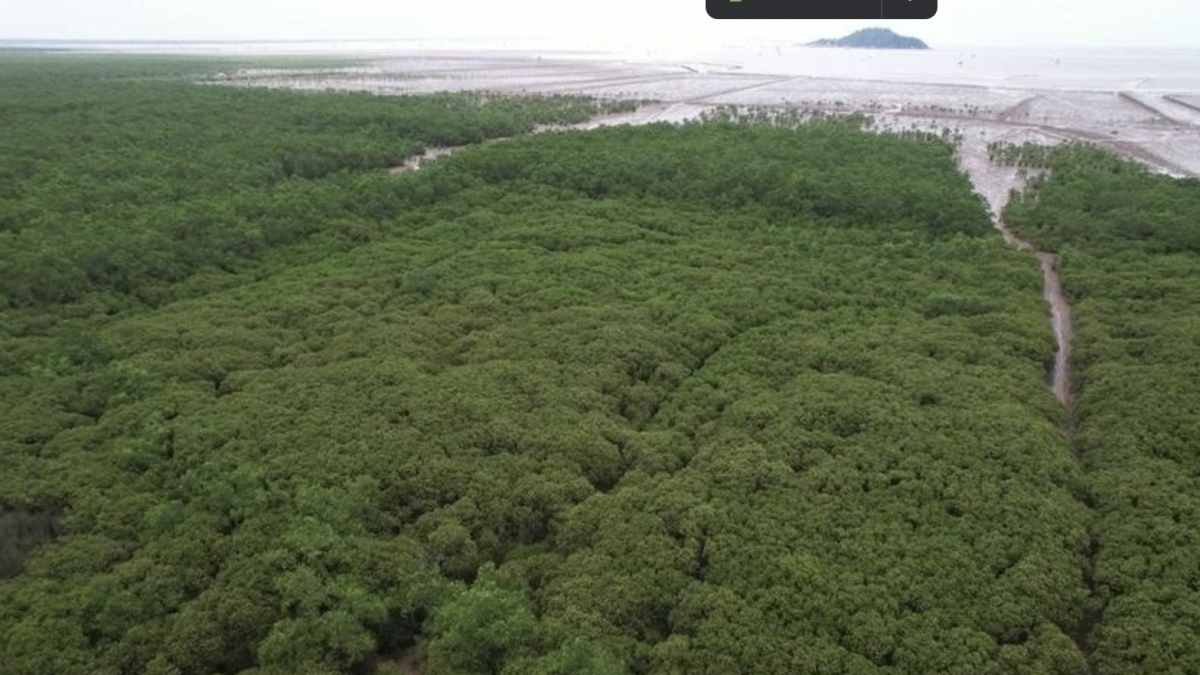
To reduce emissions and achieve the net zero target, it is necessary for Vietnam to promote energy saving and efficient use of natural resources through the application of advanced, low-emission technologies and the implementation of circular economy models, said Nguyen Tuan Quang, Deputy Director General of the Department of Climate Change under the Ministry of Natural Resources and Environment (MoNRE).
He underlined the need to make agricultural production greener, with a project growing 1 million hectares of high-quality and low-emission rice to reduce emissions by 3-5 tonnes of carbon per hectare.
The official also highlighted the development of forests and ecosystems to enhance greenhouse gas absorption as coastal mangrove ecosystems absorb emissions four times more than natural forests.
According to the MoNRE, 70 countries and territories worldwide have implemented carbon pricing through tools such as carbon taxes and markets. This measure currently controls over 11 billion tonnes of carbon, equivalent to 20% of global emissions.
The establishment of the carbon market and its development roadmap are stipulated in the Law on Environmental Protection 2020 and Government Decree No. 06/2022/ND-CP on greenhouse gas emissions reduction and ozone layer protection. As scheduled, Vietnam will allocate emission quotas from June 2025 and then begin trading emissions credits. Thus, there is not much time left for preparation, Quang noted.
The assessment of the impact of the emission trading system (ETS) and carbon credits in Vietnam will be led by the United Nations Office for Project Services, running from now until June 2025, to support the implementation of the pilot phase, he said, adding that around 150 businesses and major emitters in sectors such as iron and steel production, cement, and thermal power are expected to be included in the carbon market in this phase.
Carbon pricing
At a recent workshop on the impact assessment of ETS and carbon credits in Vietnam organised by the Department of Climate Change, Dr Robert Ritz from University of Cambridge held that carbon pricing can result in quick and cost-effective emissions reduction.
He cited the UK as an example. The application of a carbon tax in the power sector helped reduce carbon emissions from power generation by 26% in just three years. He went on to say that the European country has ceased coal-fired power generation from October 1, emphasising that emissions quota regulations are a key driver of carbon pricing.
Frederic Gagnon-Lebrun, a consultant from South Pole, a leading project developer and provider of global climate action solutions, also suggested that alongside transparency in management mechanisms, the government should simplify rules and requirements to facilitate management and enable carbon market participants to easily establish financial models.
Nguyen Hong Loan, Director of the Green Climate Innovation Company Limited (GreenCIC) and head of the climate policy expert group, said that assessing the impact of an emission trading system and carbon credits is essential for effective operation of the carbon market in the future. Thus, as a technical support advisory group for Vietnam, the team will analyse Vietnam’s legal framework and international experience to identify design and management options, focusing those feasible for a pilot carbon market during the 2025-2027 period.





